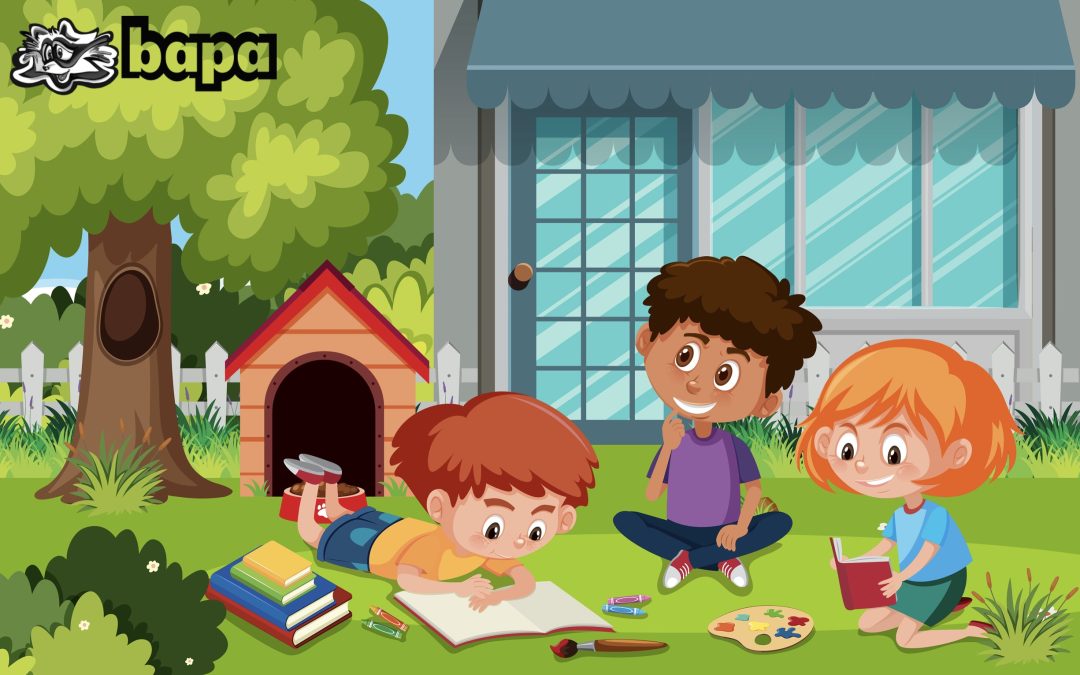For children, play is more than just fun—it’s an essential part of growth and development. Through play, kids explore their world, express their creativity, and develop crucial skills that will support them throughout life. While it may seem like simple entertainment, creative play plays a powerful role in shaping a child’s cognitive abilities and social skills.
Understanding the value of play helps parents, teachers, and caregivers create opportunities that encourage learning, problem-solving, and emotional well-being.
Why Play Matters
Play is the natural way children learn. It provides a safe environment for them to experiment, make mistakes, and try again. Through these experiences, they develop critical thinking and social understanding in ways that structured lessons alone can’t provide.
Creative play, such as building with blocks, dressing up, role-playing, drawing, or storytelling, offers unique benefits. It allows children to use their imagination while strengthening connections between their thoughts and actions. This kind of play fosters independence, resilience, and confidence.
Cognitive Benefits of Creative Play
Cognitive development involves the growth of a child’s ability to think, reason, and solve problems. Play is one of the most effective ways to promote these skills.
- Problem-Solving and Critical Thinking
When children face challenges in play, such as building a tower that won’t stand or figuring out how to win a game, they practice problem-solving. These moments teach persistence and logical thinking. - Language and Communication
Play often involves storytelling and role-playing, which helps children expand their vocabulary and practice expressing ideas clearly. They learn to listen and respond, developing strong communication skills. - Memory and Focus
Games that require remembering rules, steps, or sequences boost memory and attention span. Creative play strengthens these skills naturally as children stay engaged and motivated. - Imagination and Innovation
Pretend play encourages children to think outside the box. By imagining new worlds and scenarios, they develop creativity—a skill that will serve them well in academics and future problem-solving.
Social Benefits of Creative Play
Play is also a powerful tool for building social skills. When children engage with others, they learn important lessons about relationships, cooperation, and empathy.
- Sharing and Cooperation
Group play teaches children how to take turns, share resources, and work toward common goals. These interactions help them understand teamwork and fairness. - Conflict Resolution
Disagreements are a natural part of play. By navigating conflicts, children practice negotiation, compromise, and emotional regulation. - Building Friendships
Play provides a foundation for forming lasting friendships. Children who play together develop trust, mutual respect, and a sense of belonging. - Understanding Emotions
Through role-play, kids explore different feelings and perspectives. This helps them develop empathy and the ability to relate to others.
Encouraging Creative Play at Home
Parents and caregivers can create an environment that nurtures creative play by:
- Providing open-ended toys like blocks, art supplies, or dress-up clothes.
- Setting aside unstructured playtime each day without screens or rigid schedules.
- Joining in the fun to model positive interaction and encourage participation.
- Creating safe spaces, indoors or outdoors, where children can explore freely.
Even small changes—like turning off the TV and letting kids direct their own play—can have a big impact on their development.
The Lifelong Impact of Play
Play is not just a childhood pastime; it lays the foundation for future learning and success. Children who engage in creative play build the cognitive skills they need for problem-solving and academic achievement, as well as the social skills required for healthy relationships.
By valuing and encouraging play, adults can give children a powerful gift: the tools to grow into confident, capable, and compassionate individuals.
For more information, check out Bapa Books and Bapa’s Word Puzzle Books, Coloring Books, and Math Books Follow us on Facebook and X.
This content is for general reading purposes only and should not be considered as medical or professional advice.

